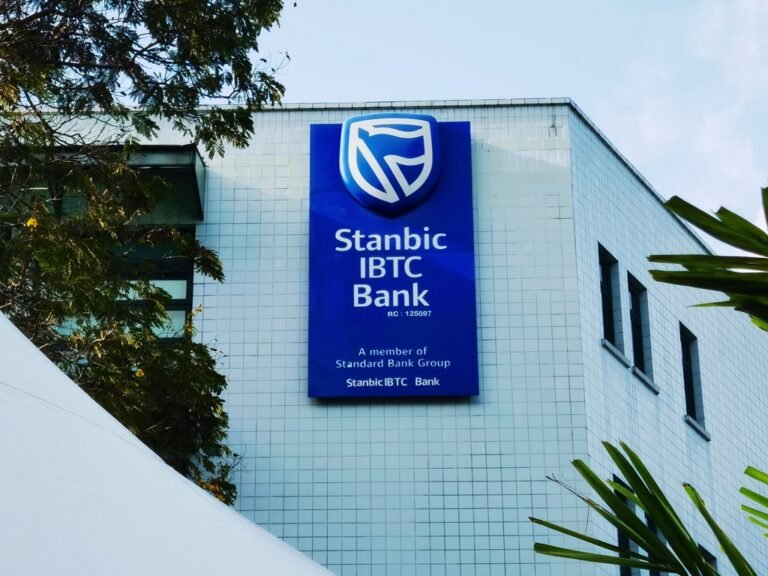The Nigeria FATF grey list removal has officially been completed, as Nigeria has been removed from the Financial Action Task Force (FATF) grey list. This marks a significant milestone in the country’s ongoing efforts to strengthen its financial integrity and restore global investor confidence. The Nigeria FATF grey list removal demonstrates a commitment to aligning with international standards.
Nigeria was first placed on the list in February 2023 after the global watchdog identified strategic deficiencies in its anti-money-laundering and counter-terrorist-financing (AML/CFT) framework.
Government Response
President Bola Ahmed Tinubu welcomed the development of the Nigeria FATF grey list removal. He described it as “a major victory for Nigeria’s credibility and commitment to transparent governance.”
He said the removal affirms his administration’s dedication to fighting corruption. The removal of Nigeria from the grey list promotes fiscal discipline and rebuilds confidence in the country’s financial system.
“This achievement reflects our relentless efforts to implement global best practices, safeguard our economy, and enhance Nigeria’s standing in the international financial community,” Tinubu stated.
The President further commended the Nigerian Financial Intelligence Unit (NFIU), the Ministry of Finance, the Office of the Attorney-General, and other relevant agencies for their coordinated role in securing the delisting.
What Delisting Means For Nigeria’s Economy
Boost to Investor Confidence
The delisting restores Nigeria’s credibility in the eyes of international investors, lenders, and financial institutions. Being on the FATF grey list made Nigeria appear high-risk for money laundering and terrorism financing. It discouraged investment and raised the cost of doing business.
With the removal, Nigeria is now viewed as a safer and more transparent environment for investment, likely leading to increased foreign direct investment (FDI) and portfolio inflows.
The FATF delisting positively influences Nigeria’s sovereign credit ratings. The Nigeria FATF grey list removal reflects improved governance and transparency. It could help the country negotiate better borrowing terms on international loans and Eurobond issuances. This would ease debt servicing pressures.
Easier Access to Global Financial Systems
While on the grey list, Nigerian banks and businesses faced additional compliance checks and restrictions when transacting internationally.
The delisting will make cross-border transactions smoother and reduce scrutiny from foreign correspondent banks. It will improve access to international credit lines, trade finance, and remittance channels. Consequently, it will enhance liquidity and support business operations across sectors.
Strengthened Currency
A boost in investor confidence and capital inflows could strengthen the naira’s stability and improve foreign exchange availability. The capital market may also benefit from renewed interest from international investors who had previously been cautious due to Nigeria’s grey list status.


























